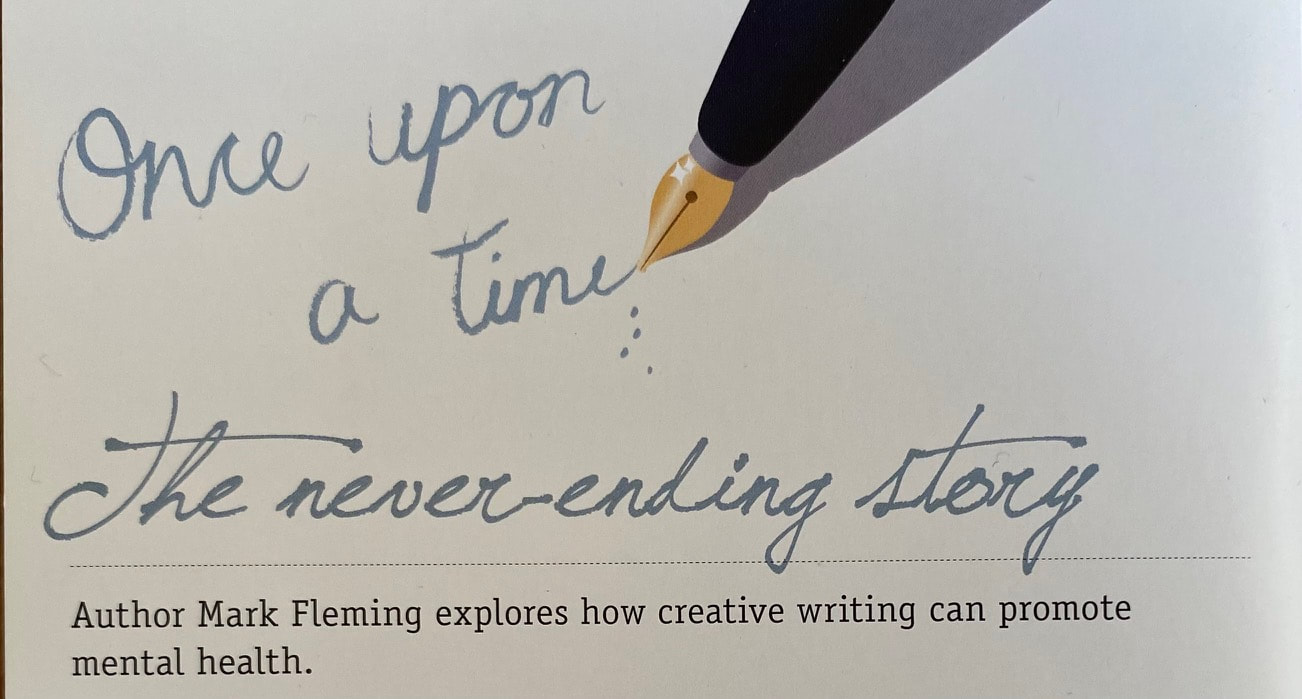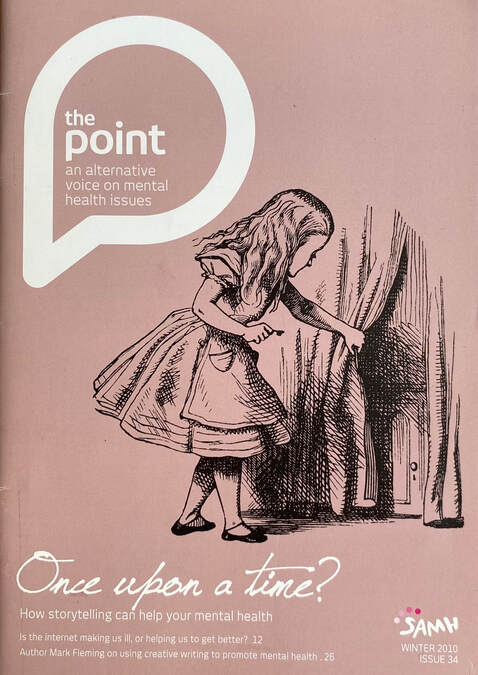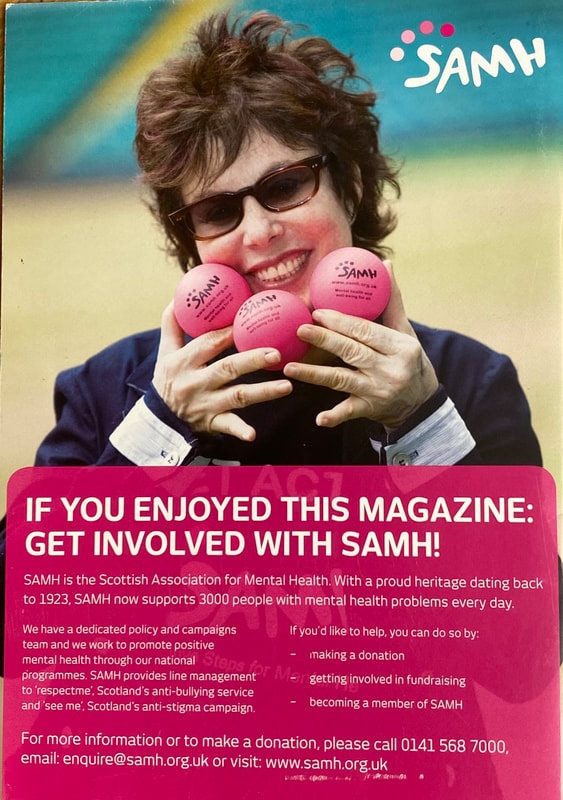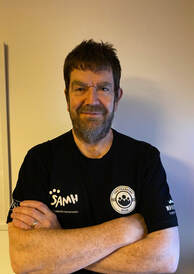An article I wrote for The Point, the journal of the Scottish Association for Mental Health, Winter 2010One in four adults will experience mental health problems at some point. Each will have a unique story. Many, naturally, will never feel like telling their story. Others will. And creative writing, telling the story is in order to explore and improve mental health, has never been healthier. Popping ‘creative writing, mental health’ into your search engine reveals a thriving online community: NHS health support networks, writing workshops, blogs. Writing about these issues engages with diverse topics. Autobiography is undoubtedly the hardest, as it means sharing deeply traumatic events. But writing about them can become cathartic. Typical of the many support networks encouraging writing is the Highlands Users Group (Action for Mental Health). Their 400 members find their creative writing sessions extremely beneficial. They say, “This activity does wonders for our self confidence and communication skills and can help us understand what we have gone through when living with mental illness and life in general.” This goes beyond the the written word. In June 2010, SAMH support worker, Carl Pickard attended an international symposium exploring the relationship between mental health and storytelling. What struck him as was the fact that in an era dominated by emails and iPods, storytelling is thriving. Storytellers pass on tales that originate deep in our collective ancestry. As such, they are universal and encompass many elements - human, collective and personal - all at the same time. These common themes reach out all cultures and have proved particularly effective at communicating with people with mental issues. The symposium revealed the strength of commitment to storytelling across Scotland. As Carl says, “Hearing of the participants’ experiences gives me hope that the medical profession and medical health services will further recognise the therapeutic value of storytelling.” Carl encountered a psychiatric nurse, Jess Wilson, working in a Forensic Mental Health hospital in Wales. She described been able to engage with an otherwise totally disengaged client. How? By telling his story. Jess’s own story was subsequently featured in the April edition of the journal of the Royal College of Psychiatrists. In the modern world, mental ill health is increasingly being accepted as an unavoidable facet of being human. And what could be more human than using words, written, and oral to thoroughly explore these issues? What is fundamental about all stories, written or oral, is that they allow the teller to explore their feelings, project their emotions, and, crucially, sometimes find the courage to share often disturbing innermost thoughts. Stories break down barriers, which is particularly important for mental health, a subject that remains stigmatised. I myself suffer from bipolar. At my lowest ebb, I was consumed with delusions, eventually succumbing to suicidal thoughts. I was fortunate to have a stable family background and was eventually admitted the Royal Edinburgh Hospital. Several weeks later I began sensing a glimmer of optimism. And I remember the moment my psychiatrist decided I’d made sufficient progress to merit my first weekend pass: he found me scribbling a short story. The recovery process was in itself, quite inspirational. My improving mental outlook rekindled my interest in writing. Eventually, decided to write about being bipolar. I wanted to describe what it felt like to break down. I explored what my family and friends went through. I documented my paranoid fears and irrational actions. I flashed back to formative incidents in my binge-drinking youth and childhood traumas. I wrote lurid fantasy sequences to illustrate the meanderings, my imagination took during weeks of insomnia. My early drafts eventually formed the basis of a novel. Naming it BrainBomb (after a punk lyric, another of my pre-breakdown passions) I submitted the manuscript to a mental health publisher named Chipmunka. Inspired by the excellent feedback the novel received, I set to work on a follow-on, Bedlam. This was a short story collection, introducing a diverse range of characters. Some live with bipolar disorder, post-traumatic stress disorder, or postnatal depression. Most cope with the shocks life throws at them. Others don’t, resorting to alcohol or drugs. There is violence in some stories but it is not connected to any medical condition. It is there, in society, and the perpetrators are far more likely not to have any mental condition. BrainBomb describes events that came to a head in 1987. Back that mental breakdown was a far greater taboo subject than it is now. For my family, coping with my increasingly bizarre behaviour was a journey into the complete unknown. They were no websites to consult, no online forums. They were lucky to receive a leaflet from the GP. Now mental health is broached more constructively. Experiences are shared in blogs, Facebook and Twitter. The greater this sharing, the less stigmatised the subject becomes. In the modern world, mental ill health is increasingly being accepted as an unavoidable facet of being human. And what could be more human than using words, written, and oral to thoroughly explore these issues? Since this article was written, I've used BrainBomb as the inspiration to take a deeper dive into my mental health with my memoir, 1976 - Growing Up Bipolar. I'm also rewriting the short story collection. |
|




 RSS Feed
RSS Feed
